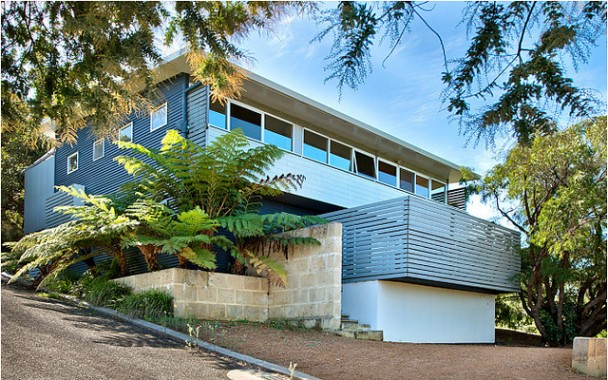Buying a first home is certainly one of the greatest moments in every person’s life. It surely is a moment of joy but it is also a process that requires thorough preparation and attention to every detail, all in order to prevent that joyous feeling to slide into something less thrilling, to say the least. One of the most important preconditions for that is to mix emotions and ratio and purchase the best property at the best price. When financial side of the deal is concerned, making the best of tax reductions available for first home purchase is always a pure gain. Here is what you need to do in order to make it happen.
Stamp Duty Deduction
In short, stamp duty is tax that is paid on various dutiable documents, among other the transfer document for any kind of property. Naturally, that includes transfer documents for your first home. However, when buying your first home there are deductions available in all Australian states with the exclusion of the Northern Territory and Tasmania. The deductions scales vary from state to state but all of them are based on the total value of the home in question and well worth looking into carefully.

Deduction of Mortgage Interest
The vast majority of people opt for a mortgage when purchasing their first home. Alongside all the downsides it has, it brings one important benefit, the interest part of every payment is tax deductible and this is an opportunity that should not be missed. With all initial costs related to moving in and equipping your first home this deduction is especially beneficial since at the start of a mortgage period the rates primarily consist of interest, which you will be able to lower using this deduction.
First Home Buyer Duty Reduction
When buying a first home that is worth $600,000 or less, regardless if new or established properties are in question, the future owners may be entitled to up to 50% of duty reduction. However, in a recent conversation with experienced Sydney-based tax accountants, I learned that there is a precondition for duty reduction eligibility. In order to even be considered for a duty reduction the future owner needs to meet the eligibility requirements of the FHOG.
The First Home Owner Grant (FHOG)
As the name says it, this is a grant for first home owners. The initial eligibility condition is that the applicant or his or her spouse or partner are Australian citizens, that they did not receive FHOG previously, owned a home prior to July 2000 and that they plan to live in the property for at least 12 months after settlement or construction completion. There is also a maximum eligible value of the property which is being annually determined so make sure you are well informed about the current maximum value before making a final purchase because you may end up being ineligible for a mere couple of dollars.

Other Considerations
It would not be the first time that people moved from their newly acquired homes faster than they expected. Keeping your home improvement receipts may come in very handy in case you made a profit by selling your property. You will have to pay an income tax and saved home improvement receipts will deduce the payment. Also, save your closing form (HUD). Additional expenses that incur on your HUD may be deductible when you apply for a tax return the first time after purchase.
Obviously, there are a lot of things that need to be taken into consideration in order to make the most of tax benefits when purchasing your first home. Although this may seem overwhelming, investing time and effort into fully understanding the matter and making sure you are fully eligible will certainly prove to be worthwhile.





